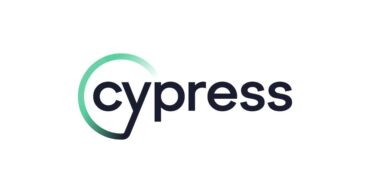Blog
In the fast-paced world of software development, automated web testing is a necessity for building robust products. Choosing the right automation tool is crucial, and Playwright, a cutting-edge framework from Microsoft, has swiftly become a formidable contender in the web automation landscape.
In the fast-paced world of software development, automated web testing is a necessity for building robust products. Choosing the right automation tool is crucial, and Playwright, a cutting-edge framework from Microsoft, has swiftly become a formidable contender in the web automation landscape.
Software testing is a critical component of ensuring the quality and reliability of digital products. As you are increasingly relying on software to drive your operations and meet customer demands, the role of software testers has never been more important.
Software testing is a critical component of ensuring the quality and reliability of digital products. As you are increasingly relying on software to drive your operations and meet customer demands, the role of software testers has never been more important.
Software testing is a critical component of ensuring the quality and reliability of digital products. As you are increasingly relying on software to drive your operations and meet customer demands, the role of software testers has never been more important.
Testers use requirements to create test cases, check them for testability, and participate in general requirement reviews. However, many testers lack knowledge or skill in Requirements Engineering. In terms of quality and detail, what can be reasonably expected from requirements documents? What does the term “testability” really mean? What can testers do to improve requirements? It is essential that testers are able to answer these questions, as well as possess skills in requirements engineering.
Cypress is an open-source front-end testing tool. But what are the differences compared to the bigger players like Selenium?
Testers use requirements to create test cases, check them for testability, and participate in general requirement reviews. However, many testers lack knowledge or skill in Requirements Engineering. In terms of quality and detail, what can be reasonably expected from requirements documents? What does the term “testability” really mean? What can testers do to improve requirements? It is essential that testers are able to answer these questions, as well as possess skills in requirements engineering.







